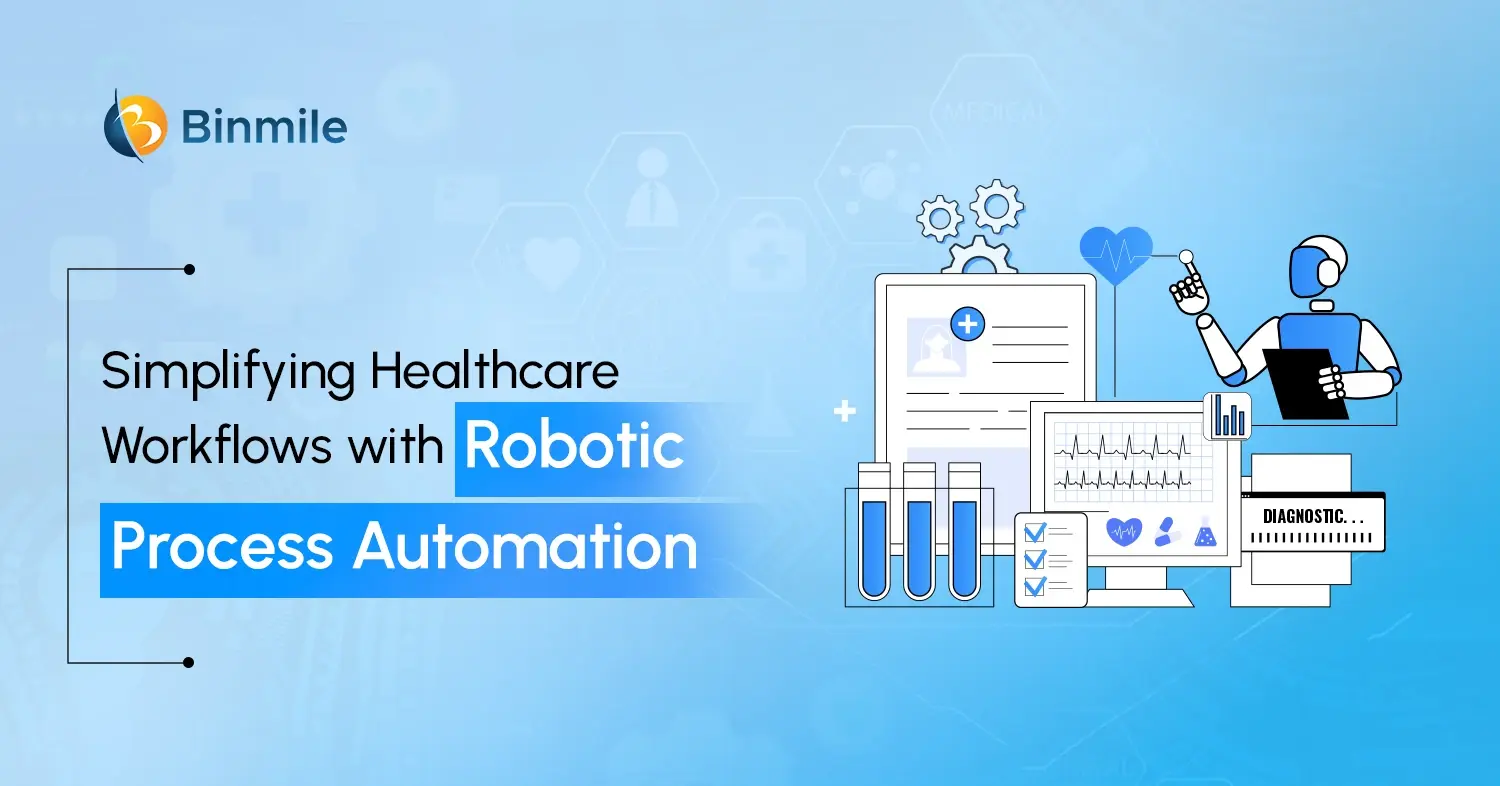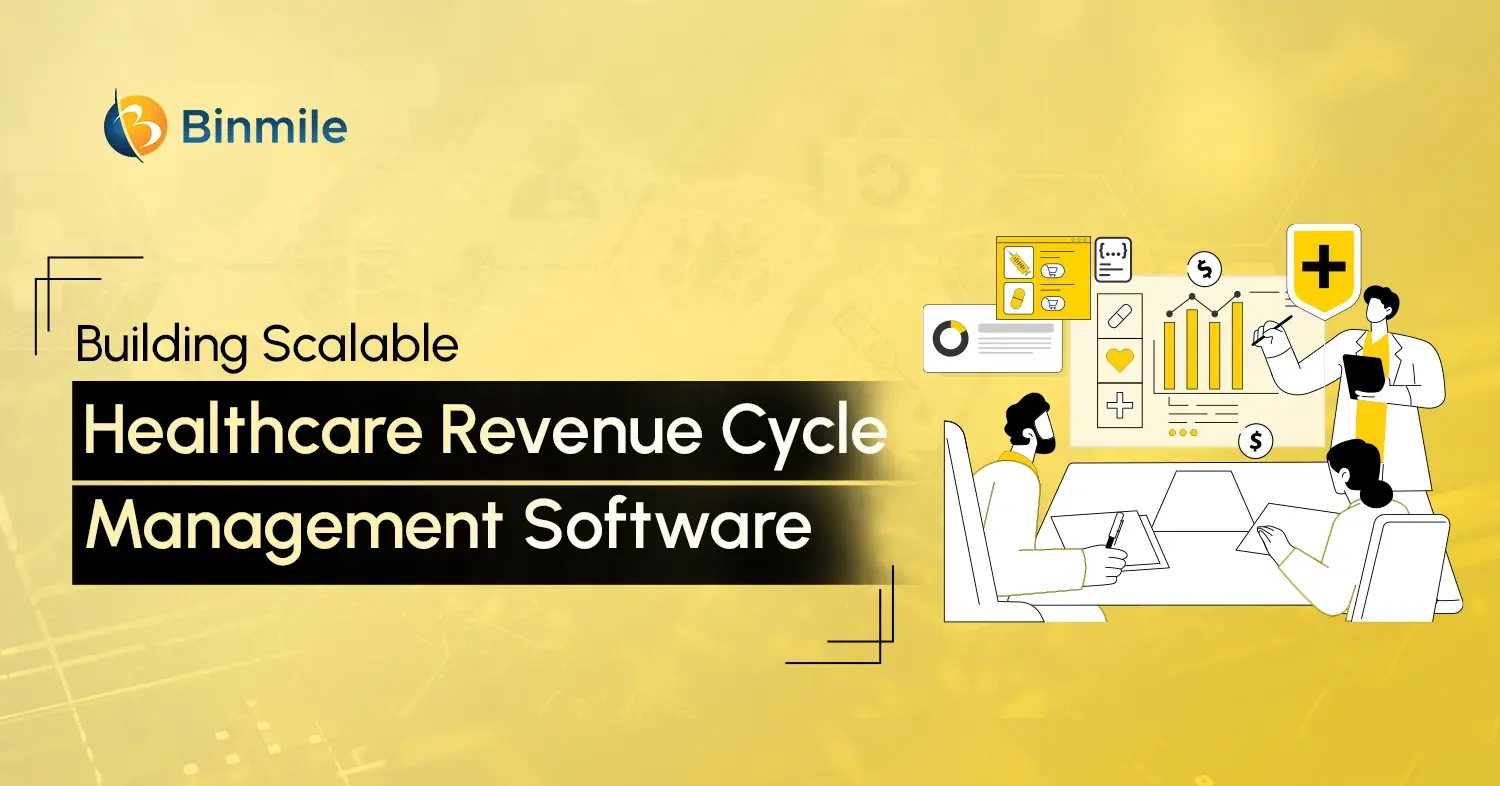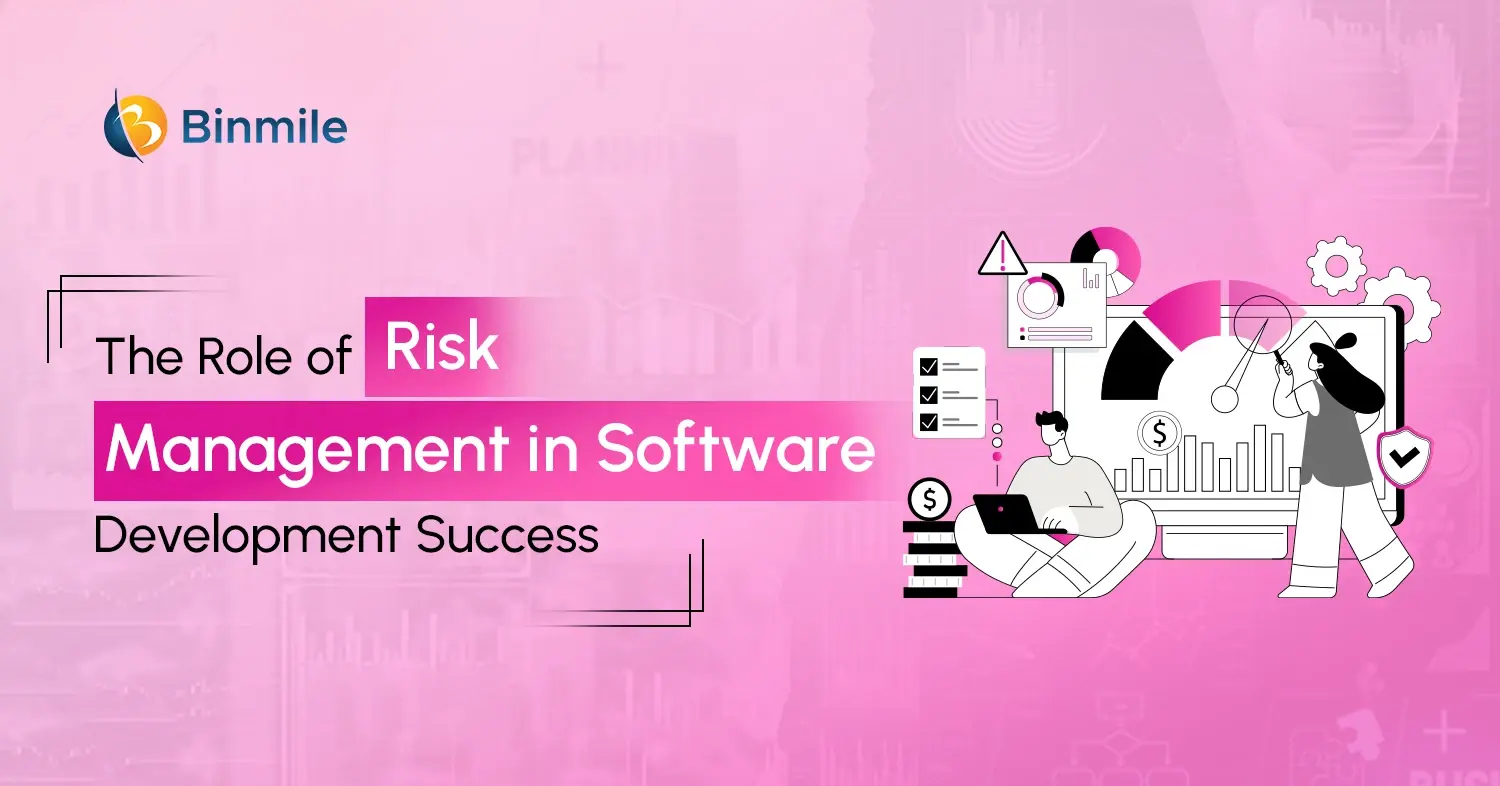Before narrowing down our discussion to the fundamentals of building an NFT marketplace, let’s understand what an NFT stands for.
What is NFT Marketplace: An Overview

NFTs represent digitally unique assets representing their authenticity and ownership. The same is often compared to cryptocurrencies (e.g. Bitcoin, Ethereum, etc.) running on blockchain technology. In an era of the digital economy, non-fungible tokens are considered the latest developments. Its market size is anticipated to grow from $3.0 billion in 2022 to $13.6 billion by 2027. Thus, upscaling at a CAGR of 35.0% from the forecast periods.
An NFT marketplace, therefore, stands for a digital platform based on blockchain technology to sell and buy non-fungible tokens. Since it is based on blockchain architecture, the ownership of digital files is unique and secure. The marketplace of non-fungible tokens is gaining momentum after the increasing influence of celebrities on NFT adoption. Moreover, a steady rise in the demand for digital artwork caused a surge in its popularity. Besides, increasing revolutions in the gaming industry are not far behind.
The Rise of NFT Marketplace
Compared to how users can access any digital artwork online, the accessibility through NFT is unique. That’s because it tracks the ownership of digital creations in a secure, immutable, and unfailing manner through blockchain networks. Collectors get huge benefits out of such a manner maintained by the NFT technique. They can buy “bragging rights” or the value of owning the original piece as ownership. NFTs stored on a public blockchain inform about digital assets. The details include who and when created the assets, bought at what price, and the current owners. However, NFTs can’t be traded in the absence of a dedicated NFT marketplace.
This means businesses looking to maximize the NFT marketplace, and the future seems quite promising. Since developing an NFT marketplace involves specific technical expertise and skills, working with a blockchain software development company would turn out immense assistance in the success of your platform build.
Top Use Cases of NFTs
As has been the case, the artist earns 10% of the revenue contrary to the 90% of revenue taken by other parties. With NFTs, the artist takes home 90% of the revenue that they generate, leaving 10% to the platform.
- Music: The NFTs marketplace can benefit the music industry greatly by allowing artists to tokenize their songs and albums. They can sell (limited) digital assets for an extra revenue stream, and provide royalties to creators, producers, and artists.
- Fashion: There are various forms of fashion NTFs, including the virtual garment that customers can try on within the virtual environments while partying, meeting a friend, or attending a meeting. Fashion brands can leverage NFTs for customers who love collecting one-of-a-kind digital novelties. They can also create buzz for their diffusion line.
- Gaming: Play-to-earn games based on NFT are catching up fast. In the NFT games, the prizes of the players remain inside the game. It allows the players to transfer their earnings to another game or exchange it with any other player with cryptocurrency. Some game-developing companies are still not okay with incorporating an NFT, but some are. For example, Ubisoft launched its NFT project on one of its flagship games to allow users to buy and sell cosmetic NFTs.
- Metaverse: NFTs are used to buy and sell virtual lands in which the NFT showing the ownership of the virtual land bought gets transferred to the buyer’s wallet. Sandbox, one of the virtual worlds, orchestrated the largest metaverse land purchase worth $4.3 million.
Successful NFT Marketplace Development Guide: Step-by-Step Process
Step 1: Define your Niche
This is the most essential thing to consider, as deciding on your NFT marketplace type will help you determine how to make your offer unique and stand out from the rest. Moreover, it will also draw the attention of audiences or customers willing to buy. Also, the niche marketplace is better than the generalized ones, for instance, an NFT platform specializing in digital artwork.
Step 2: Choose a Blockchain Architecture
The kind of blockchain architecture you choose lays the groundwork for how other aspects of your venture will be impacted in the future. While you can opt for the popular option like Ethereum, there are numerous options as well to choose from, such as Cardano, Solana, Polygon, Binance, and Smart Chain. You can also consider a platform allowing multiple blockchains at once.
Step 3: Define your Project’s UI/UX Design
If you consider building a successful NFT platform, go for a simplified and optimized UI/UX design, with an intuitive, accessible, and user-friendly interface to draw the attention of target customers to the homepage of your NFT marketplace.
Step 4: Choose between Open or Closed market
An open NFT marketplace supports a broad variety of tokens, whereas the closed one will make use of a specific proprietary token. Moreover, an open marketplace allows anyone to create an account and list their digital items at whatever prices they prefer. Moreover, this category of the marketplace (open) frees buyers from the concern of whether the NFT is compatible with the particular blockchain when conducting the purchase or sale of digital assets.
Step 5: Create and Implement smart contracts
Smart contracts enable the NFT marketplace to carry out its operational task, triggering all the processes within the platform. Consult an NFT marketplace development company if you want to create and implement smart contracts for your ambitious NFT marketplace build.
Step 6: Set up secure storage
All the metadata of NFTs related to a particular token is usually stored outside of the blockchain, considering choosing blockchain to store the data is very costly. Therefore, decide where the creators will store their assets and ensure that the records of all transactions are stored on your platform safely.
Step 7: Third-party integration services
Key essentials to be integrated into your NFT marketplace are crypto wallets, payment gateways, social media, and email services. The number of integrations must always align with your business needs. The integration also means developing front-end and back-end interfaces to interact with the smart contracts business logic
Step 8: Test your NFT marketplace
Test the launchable version of your developed NFT marketplace to ensure that any conceivable shortcomings or loopholes are found and fixed to perfect your platform. Testing is one of the crucial steps to fix any bugs in the initial phase of your NFT marketplace development to ensure trouble-free deployment.
Step 9: Launch or Deploy your Marketplace
This is the concluding stage of your NFT marketplace development. It involves the launch and ongoing support of your marketplace, and consistent improvement efforts to make your platform capable of adapting to users’ expectations.
Want to create a secure, high-performance NFT marketplace with advanced features? Let’s help you turn your vision into a successful platform.
5 Key Benefits of NFT Marketplace
The global market size of NFTs is anticipated to grow from $3.0 billion in 2022 to $13.6 billion by 2027, upscaling at a CAGR of 35.0% from the forecast periods.
- Transparency: NFT marketplace ensures complete transparency, given it’s based on blockchain technology, ensuring unbreachable security on the transactions concluded via the platform. Transactions are visible in a distributed database and can’t be tampered with.
- Decentralization: The benefit of developing an NFT marketplace is building a decentralized platform allowing users to trade assets without third-party regulatory intervention.
- Authenticity & Ownership: An NFT is an impossible-to-forge platform representing a publicly accessible record of ownership of digital assets. It helps you build user loyalty and trust.
- Liquidity: Since NFT is based on blockchain technology that allows the transfer of control and decision-making from a centralized authority to a distributed network, it helps people make the most of decentralization and eliminate the need for third-party regulatory compliances. This means users can actively invest in digital assets.
- Security: The decentralized network of blockchain in NFT comes equipped with in-built security features, cryptography, and consensus algorithms, to ensure the detection and prevention of online frauds, security breaches, or related cyber threats.
How Much Does it Cost to Develop the NFT Marketplace?
The cost projections regarding NFT marketplace development differ based on the number and complexity of features, the technologies you choose, and the development team you hire.
Stage-wise NFT Marketplace Development Costs:

Popular NFT Marketplace: Top 8 List
- OpenSea: It was launched in 2017, and hosts famous NFTs, like music, art, photography, and visual words.
- Variable: Users can purchase and sell art, video games, or other digital assets, at a flat 2.5% fee on every transaction.
- WazirX: It is a centralized cryptocurrency exchange in India. Founded in 2018, it boasts nearly 7.3 million users.
- SuperRare: It allows users to buy and sell unique digital artworks, each automatically created by an artist in the network and tokenized as crypto-collectible assets that can be owned and traded.
- Foundation: A platform for crypto natives, collectors, and digital creators, it focuses on digital art. Any NFT that is traded on this platform allows the artist to make 10% of the sales value when a collector sells the item at a higher price.
- AtomicMarket: The NFT marketplace works on shared liquidity in which digital items listed on the marketplace will reflect on other markets. NFT liquidity protocols allow users to buy and sell NFTs on decentralized exchanges to mitigate risks while trading.
- BakerySwap: An all-in-one decentralized finance (DeFi) platform providing both automated market maker (AMM) and NFT supermarket solutions in one place.
- KnownOrigin: A marketplace that allows users to discover and collect rare digitally unique artwork. Creators can trade their unique works on this platform with collectors who look for the authenticity of creative art.
Know the Difference: Custom vs White Label NFTMarketplace
Conclusion
With decentralization as the most unique feature of an NFT marketplace, the platform is catching up fast among users. Since it comes equipped with a high level of security and the ability to own unique digital assets, its reputation is getting widespread around the world. Developing an NFT marketplace could surely transmogrify your business profitability if you follow the required steps as outlined in the above section of the blog. The goal is to help you with informed insights into building an NFT platform to grow rapidly in the market.
Are you looking for an expert NFT marketplace development company? We recommend hiring an experienced team of NFT specialists at Binmile. Hiring their skills in creating an NFT marketplace would come affordably better for your business needs.
Frequently Asked Questions
A metaverse NFT marketplace extends beyond traditional NFT platforms by integrating virtual environments where users can interact, trade, and showcase their NFTs in 3D spaces. These platforms often support immersive experiences, virtual land trading, and avatar customization.
To launch a successful NFT marketplace platform, focus on:
- Identifying your target audience and niche.
- Implementing advanced features like multi-chain support and secure payments.
- Collaborating with a reputable NFT marketplace development company.
- Marketing your platform through community building and influencer partnerships.
By partnering with an experienced NFT marketplace development company, you can create a robust and scalable platform, ensuring long-term success in the evolving digital landscape.
Investing in NFT marketplace platform development offers businesses the opportunity to enter a rapidly growing digital economy. NFT marketplaces enable artists, creators, and brands to monetize their digital assets and engage with global audiences. The rising popularity of NFTs and the metaverse further enhances the growth potential.









